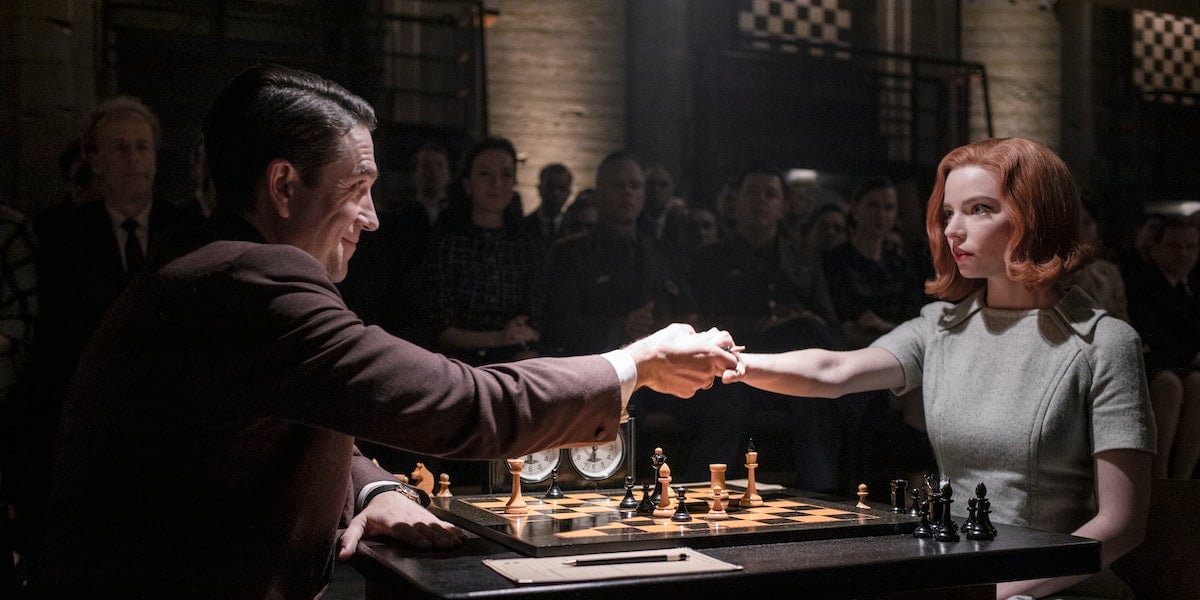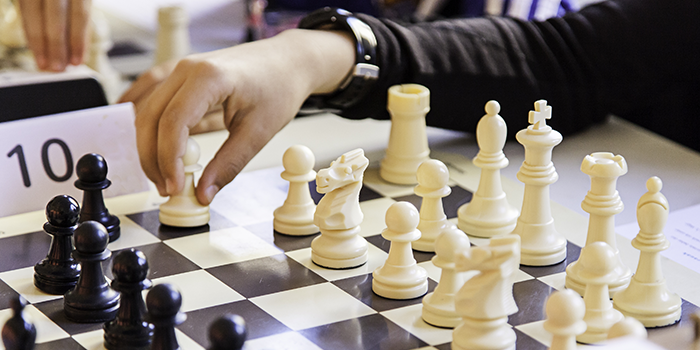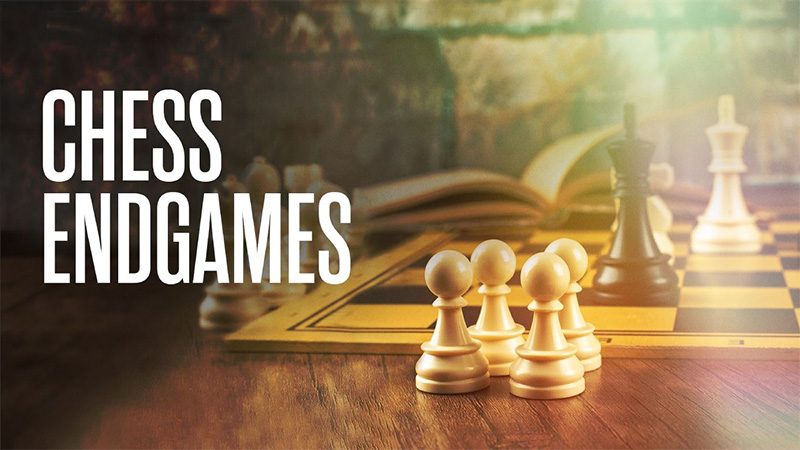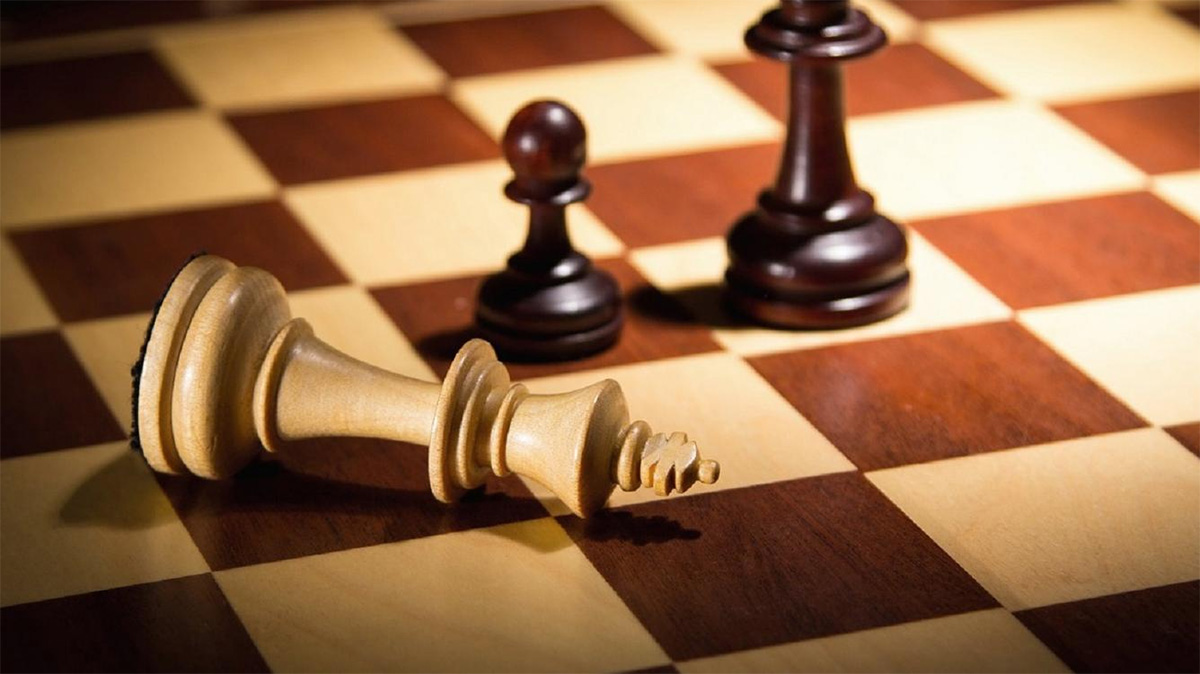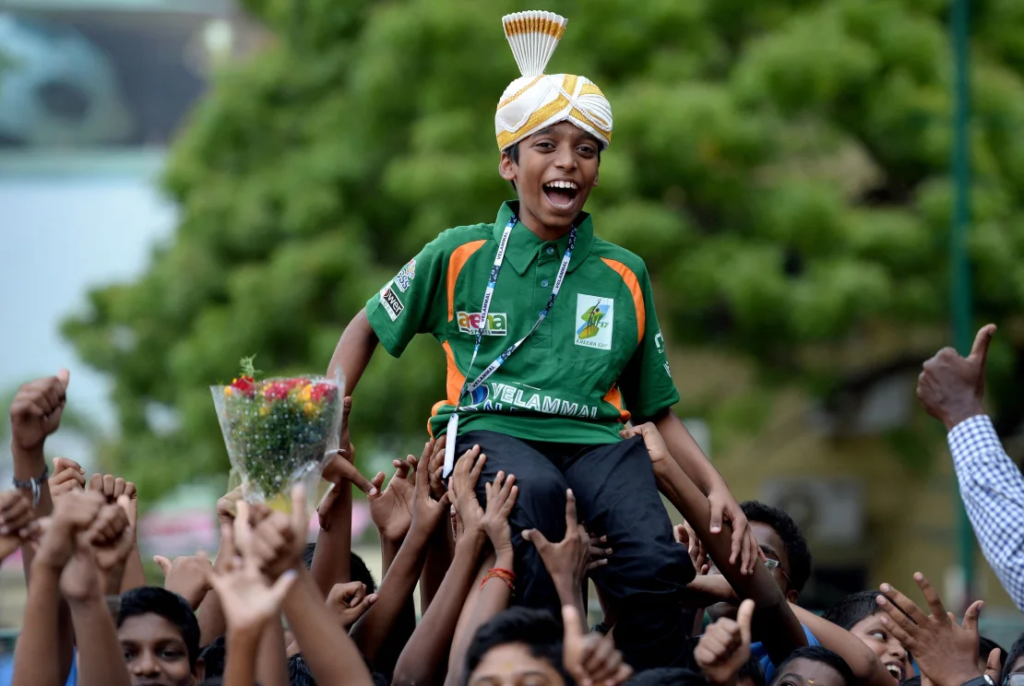Chess, a game of kings and queens, knights and bishops, possesses an allure that transcends generations. Beyond its ancient roots, it remains a vibrant battlefield where intellect, strategy, and skill collide. For those seeking to sharpen their tactics and ascend to greater heights, the realm of professional chess classes opens doors to a world of strategic mastery.
The Chess Odyssey Begins
Embarking on a journey to master chess often starts with a fascination for the game’s complexity. Whether you’re a beginner yearning to grasp the fundamentals or an intermediate player aspiring to hone your skills, professional chess classes serve as the guiding light illuminating the path to improvement.
The Art of Instruction
The essence of professional chess classes lies not just in playing games but in receiving guidance from seasoned instructors. These mentors, often chess maestros themselves, provide invaluable insights, dissecting intricate maneuvers, and unveiling hidden strategies. They foster a deep understanding of openings, middlegame tactics, and endgame nuances, paving the way for holistic improvement.
Tailored Learning for All Levels
One of the beauties of professional chess classes lies in their adaptability. Whether you’re a newcomer or a seasoned player seeking to refine your techniques, these classes cater to diverse skill levels. Beginners delve into foundational principles, while intermediate and advanced players explore advanced strategies, allowing each student to progress at their own pace.
Beyond the Board: Building Skills for Life
Chess is more than a game; it’s a classroom for life skills. Professional chess classes instill qualities that transcend the board—patience, critical thinking, decision-making under pressure, and resilience. These attributes not only elevate your chess game but also permeate into various facets of life, enhancing problem-solving abilities and fostering a strategic mindset.
Embracing the Community
Enrolling in professional chess classes isn’t just about individual improvement; it’s an entry into a thriving community of like-minded individuals. The camaraderie amongst chess enthusiasts fosters a supportive environment, providing opportunities for practice, friendly matches, and collaborative learning, enriching the overall experience.
Conclusion: The Grandmaster Within
As you traverse the corridors of professional chess classes, remember that mastery is a journey, not a destination. Embrace the wisdom imparted by instructors, relish the challenges posed by opponents, and savor the victories and defeats alike. Each move, each lesson, refines your understanding and unveils the grandmaster within.
If you are interested in learning more about Summit School of Chess, please visit our website at https://summitschoolofchess.com/.
Learn more @ Chess School
Special Chess Lessons for Beginners
Chess Tournaments for Kids, Chess Tournaments Near Me
Chess Camps


